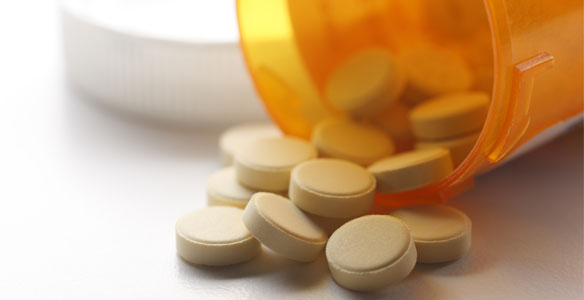What Happens When a Drug is Recalled?

What happens when a drug is recalled due to a previously-undiscovered health concern? How are people notified? What can you do if your health has been affected by the use of this unsafe drug?
Millions of people count on medication to help deal with infection, treat illness, or alleviate pain and discomfort. These medications consist of prescription pills, over-the-counter drugs, nutritional products, dietary supplements, and more. The Food and Drug Administration (FDA) is responsible for making sure these pills are safe to use prior to being released to market, although that doesn’t always happen. After a drug is approved for sale, the FDA is also responsible for issuing drug recalls, safety alerts, withdrawals from the market, and label changes.
What Constitutes a Drug Recall?
The FDA follows a strict regimen to determine if a drug is safe for consumer use. After passing a lengthy process, they issue their stamp of approval and the drug is shipped to thousands of hospitals and drug stores. However, it can take just as long as the initial testing to determine if a pharmaceutical product needs to be recalled. During this process, many users of pills may experience harmful effects. The Journal of the American Medical Association stated that approximately 100,000 Americans die each year from adverse reactions to prescription drugs.
Drugs are recalled in order to remove a pharmaceutical product from the market. These drug recalls can be started by a company’s initiative, by request from the FDA, or by statutory order from the FDA. A recall can be made in three classes:
- Class I Recall – There is a significant and immediate danger that the use of the drug in question will cause severe health problems or death (most urgent type of recall).
- Class II Recall – There is a reasonable chance there will be severe health problems or it may cause temporary health problems.
- Class III Recall – There is not a real chance the product will cause any health problems, but is being recalled for other reasons (e.g., violation of FDA regulations).
When there is reason for a recall, the FDA and the manufacturer of the product in question have to contact all locations where the product may be distributed. After a drug recall from the FDA, retail pharmacies have certain procedures to maintain when complying with FDA rulings. The establishment must immediately remove all stock from the location. They have to place the recalled medication in a specific area and return the product back to the manufacturer or dispose of it. They also must notify patients currently taking the product of the recall and contact the FDA after all the above steps have been taken.
If you feel as though you were further injured due to your use of a now-recalled drug, it’s in your best interests to discuss the facts of your situation with an product liability lawyer in your state as soon as possible. Ask for a free consultation, and see whether they feel as though you have a valid personal injury claim. While these types of claims can seem overly-complex on the surface, an experienced attorney can provide you with much more insight regarding the legal options available to you moving forward.
Category: In Depth






